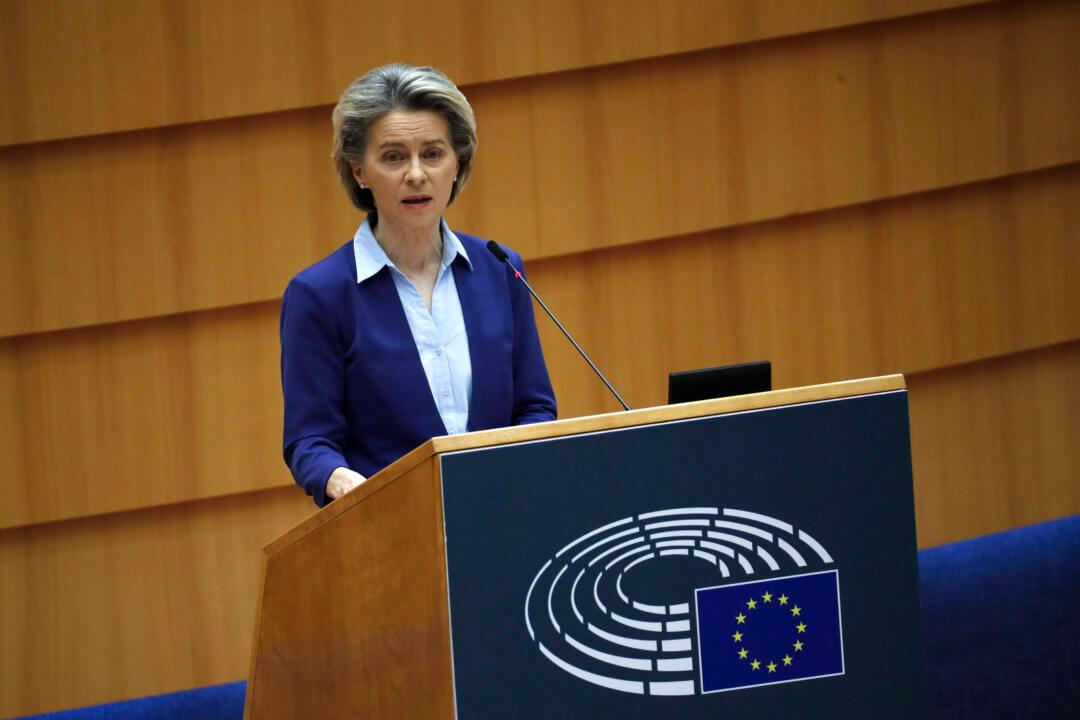The President of the European Commission Ursula von der Leyen announced expounding measures to counter the illegal immigration crisis at the EU border with Belarus.
Speaking on Tuesday at the European Parliament, von der Leyen said that the EU Commission would allocate additional funding to provide humanitarian aid to illegal immigrants in Belarus, facilitate their repatriation, and improve border protection. She also proposed to create a watchlist for all entities and individuals involved in the transportation of illegal immigrants to the EU border.





